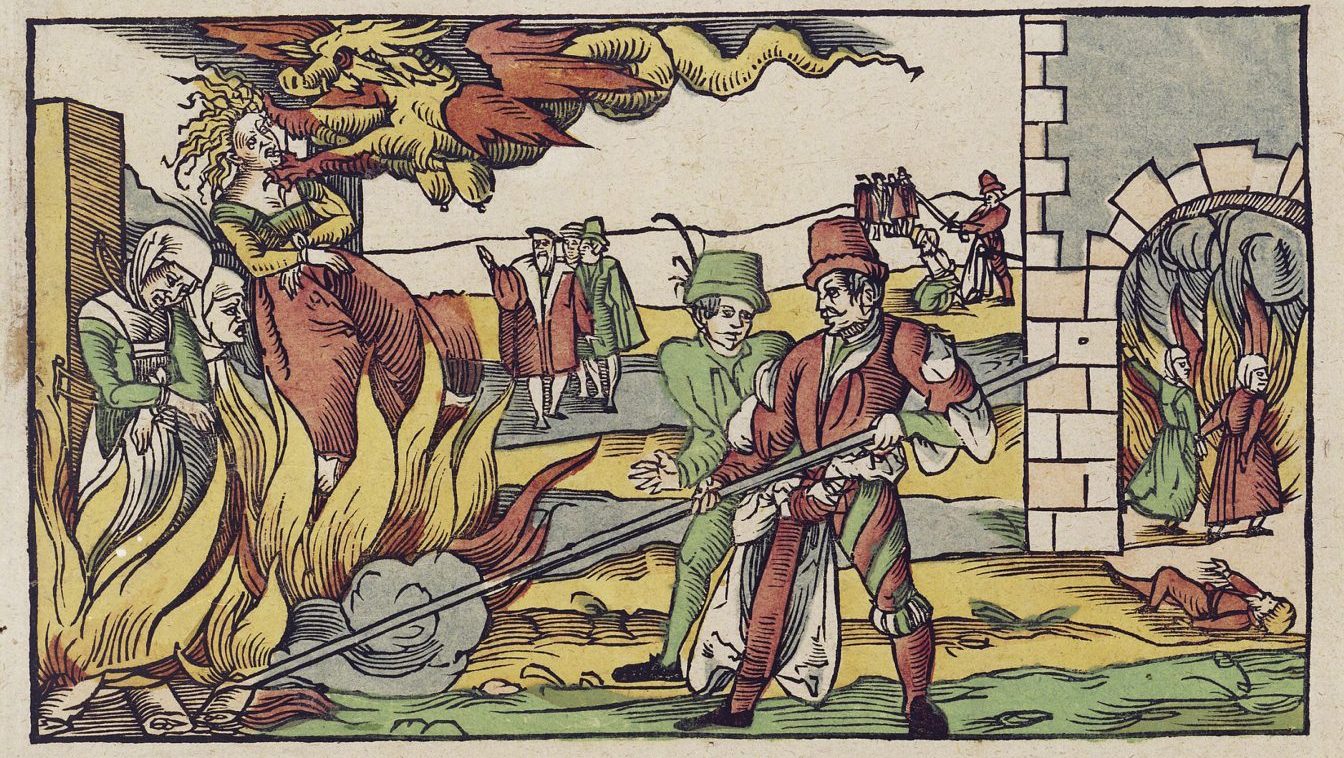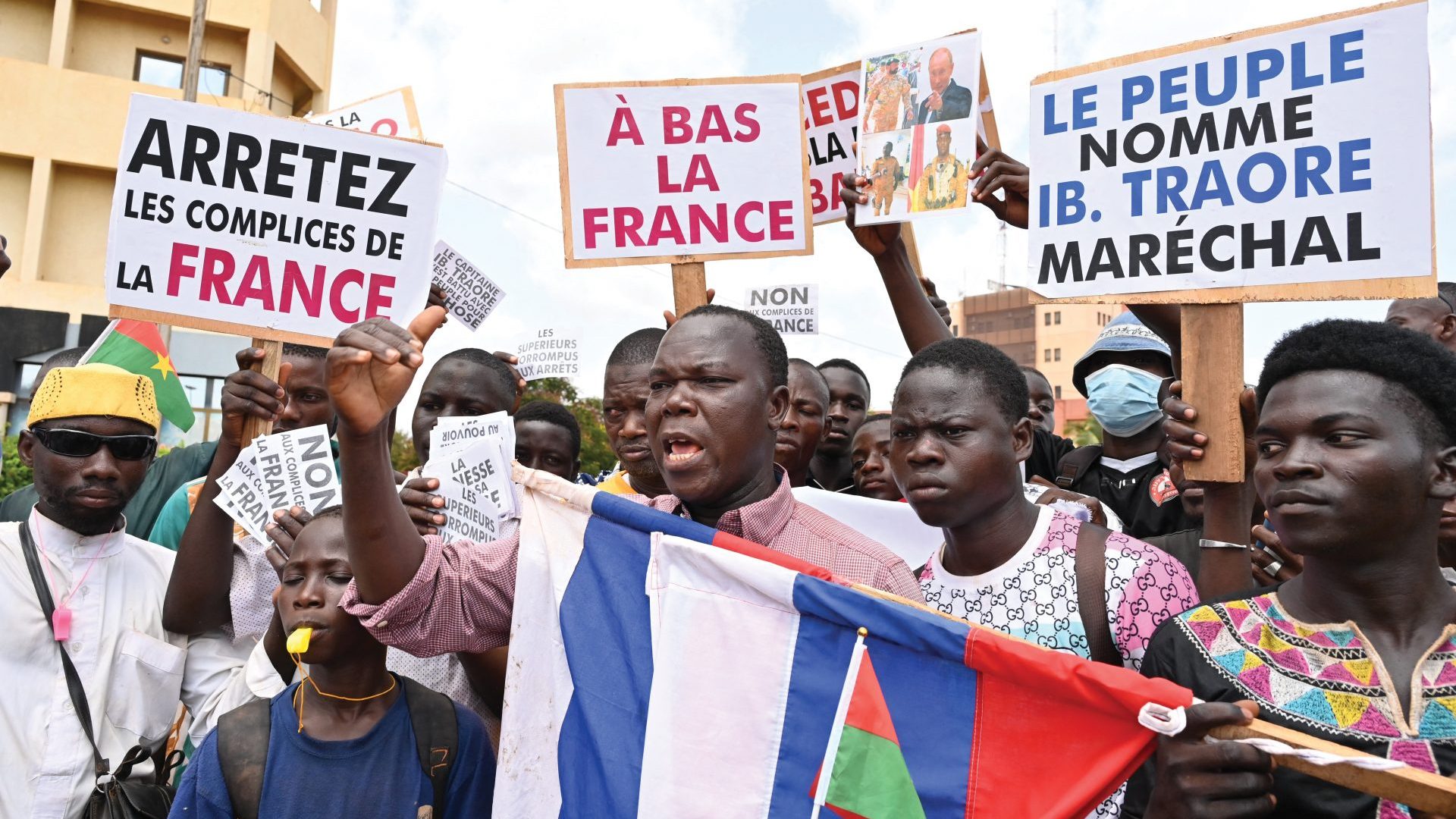Earlier in October, I travelled to Prague for a party conference like no other. There were no raised voices, or arguments over procedure. No journalists, no lobbyists. No sign of rivalry or manoeuvring for position among the 100+ elected officials in attendance.
Everyone was incredibly young; almost every person I spoke to was in their 20s or early 30s. It was like a Tory conference where the ages of all the attendees have been reversed.
Everyone was incredibly brainy. Nearly everyone in attendance was multilingual, and during one presentation we learned that 50% of the party’s membership had a master’s degree or doctorate.
And there were plenty of protesters, but these were the attendees themselves. At the conclusion of the first day’s proceedings, all 800 of them spilled out of the convention centre wearing distinctive purple t-shirts, and marched through the city centre while waving EU and Ukrainian flags and singing about how much they loved Europe.
This was the General Assembly of Volt Europa, a pan-European political party founded in 2017, which currently has just one MEP, a handful of MPs in the Netherlands and Bulgaria and councillors in Germany and Italy. The membership across Europe is 22,000 and growing, and Volters are ambitious – in Prague, they spent two days politely and enthusiastically debating what the party’s political priorities should be for the 2024 European Parliament elections.
Yes, that’s right, the primary focus of this conference was a European election – something most parties consider to be a sideshow at best. For Volt, however, European elections are the main event.
So who are these abnormally enthusiastic europhiles? Volt’s story will sound familiar to anyone familiar with the origins of the New European.
On the morning of June 24 2016, two twentysomethings who felt devastated by the Brexit referendum results decided they had to do something. This impetus eventually led to the creation of a new political party which would be progressive, pragmatic, but most of all, pan-European. Volt Europa was officially launched the following spring, on March 29 (the day Theresa May officially triggered Article 50). The name “Volt” was chosen because of its association with energy and dynamism, but also because it is a word which is found across all European languages.
Things then kicked into high gear in October 2019, when the party held its first general assembly in Amsterdam and set out its “5 plus 1 challenges” – Smart State, Economic Renaissance, Social Equality, Global Balance, and Citizen Empowerment, plus EU Reform.
Much more revolutionary than its broadly centre-left political agenda, however, has been the way in which Volt Europa has organised itself. European-level political parties, like the European People’s Party, or the clunkily named Progressive Alliance of Socialists and Democrats, have existed for decades, but these are remote institutions that only Eurocrats and political junkies pay much attention to.
They are really just loose alliances of broadly similar national parties, each of which campaigns separately during European elections, but once the voting is over then sit together in the European Parliament. Volt Europa has turned this model on its head.
Volt is a party which exists primarily at the European level, forming new subsidiary national parties as it grows. Volt Greece is the most recent national party to get official registration, and yes, there is a Volt UK (who call themselves “Britain’s Rejoin Party”).
The European level is also where party policy is set. During the 2024 European elections, all of Volt’s candidates – whatever country they are in – will be campaigning on the exact same issues with the exact same message.
So far, this plan to radically upend the European political system has met with a surprising degree of success. During my visit to the general assembly, I got to talk with dozens of Volt-elected officials, including the party’s one MEP, Damian Boeselager, and Laurens Dassen, the leader of the Volt faction in the Tweede Kamer (the Dutch parliament). Volt’s other contingent of national MPs from Bulgaria couldn’t attend because recently concluded elections meant they needed to stay home and take part in parliamentary negotiations.
Boeselager, who is also one of Volt’s original co-founders, is especially impressive. Only 34, he combines a warm and open friendliness with an authoritative seriousness that demands your attention. If he was in any other party, I’d say he was one to watch. Inside Volt, however, he is an elder statesman.
In his keynote speech on the second day, he began by explaining to the party faithful that their goal should never be to seek power for its own sake.
“Our goal is to improve something,” he said. “To improve the lives of people. To make sure that there are more chances, less inequality and that we don’t have wars. Volt is a means to an end, the means to achieve the equality, the peace, the happiness, the lack of suffering that we want to bring about.”
But despite Boeselager playing down Volt’s importance as an institution, his speech still bristled with ambition.
“History is a funny thing,” he said. “No one knows what will happen. The likelihood that a table of people in Amsterdam could get people elected to the national parliament within two years is super-low. It doesn’t make sense.
“So stop thinking about being realistic. Just be ambitious. What we need is to dream really big.”
From what I can see, dreaming big is not a problem for Volt Europa. Nor is enthusiasm, nor organisation.
The party does have weaknesses, which it is acutely aware of. Despite actively promoting women to prominent roles, the membership is stubbornly over 70% male. And also, while that high degree of education is a boon for complex policy discussions, there is an acknowledgement that Volt needs to appeal to a wider audience to be successful.
This party already has three ingredients that any party needs to succeed, however: talent, organisational skill, and bags and bags of energy.
Do I think Volt candidates will storm the 2024 European elections? Probably not. But I wouldn’t bet against them making some noise.
Fredo Rockwell is a YouTuber and podcaster on political and economic issues.



